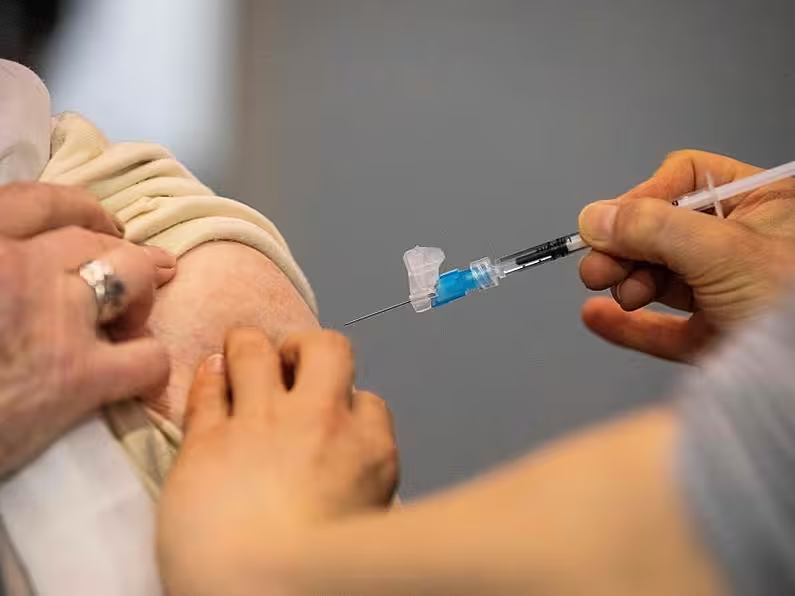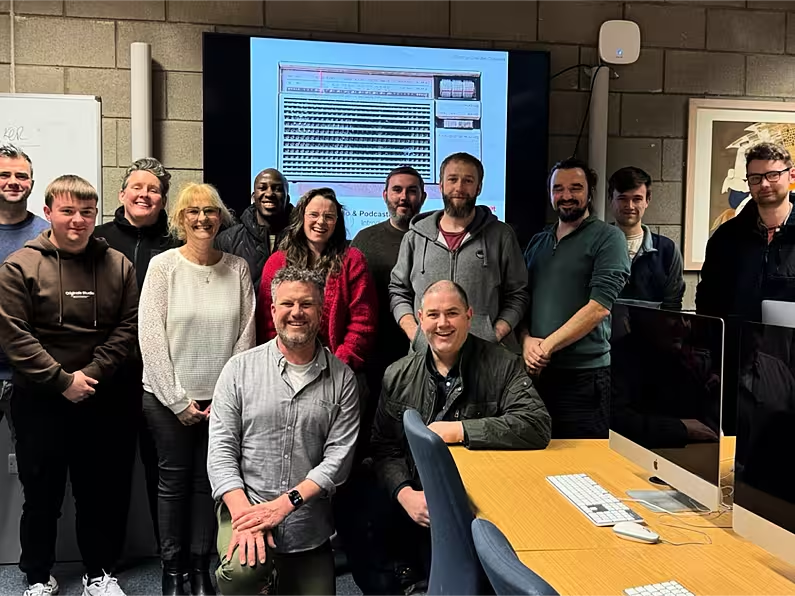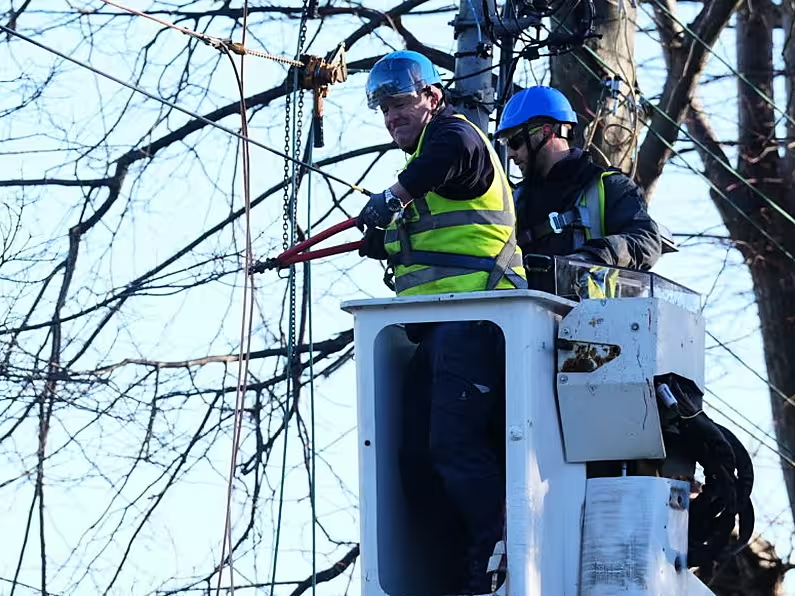Vivienne Clarke
A Professor of Immunovirology has expressed concern at the pace with which the National Immunisation Advisory Committe (Niac) makes decisions, following its failure to rule on proposals to use mRNA vaccines as a second dose for people who received AstraZeneca for their first dose.
Professor Liam Fanning told Newstalk Breakfast that nine other countries were already mixing the vaccines which had been shown in clinical trials to be very effective.
There were “layers and personalities” involved, he said, and he did not understand why there had been a delay in making such a decision.
Prof Fanning said he was particularly concerned about people aged 60 to 69 who had yet to receive their second dose of the AstraZeneca vaccine.
Pfizer
They should be given the Pfizer vaccine as their second dose ahead of people in other age cohorts, he said. This large group was still very vulnerable, and they needed two shots to be fully vaccinated.
“Triage those who are most vulnerable. They need to be vaccinated immediately. That has to be the focus.”
The next group who should be prioritised should be the group who were most socially active, he said. Those under the age of 40.
Prof Fanning also said that he anticipated that the easing of restrictions for indoor facilities was likely to be deferred, and he understood why as ventilation and air movement indoors was very difficult to monitor.
'Abundance of caution'
Given the “abundance of caution” approach that had been adopted by the National Public Health Emergency Team (Nphet) to date, he said “that’s where we’re heading”.
Prof Fanning said he was sympathetic to the Government’s position.
When asked about suggestions that facilities could reopen to people who had been vaccinated, he asked how the situation could be policed. As a society the Irish were “adept at bending regulations and rules”, so he did not think that proposal would work.











